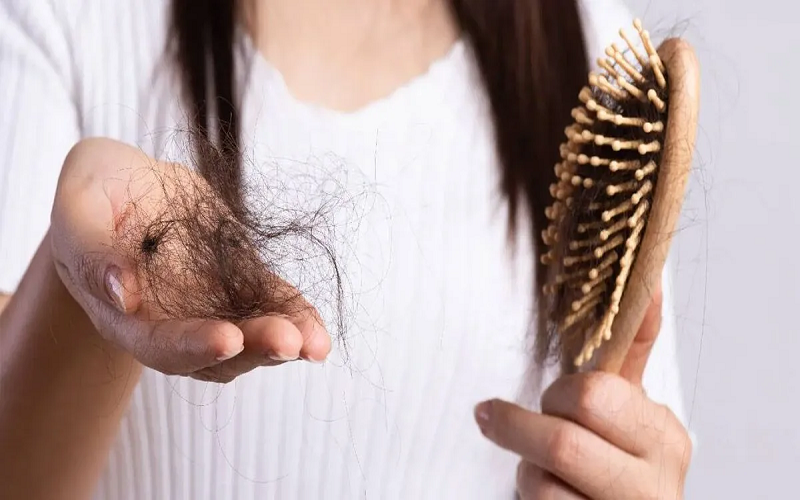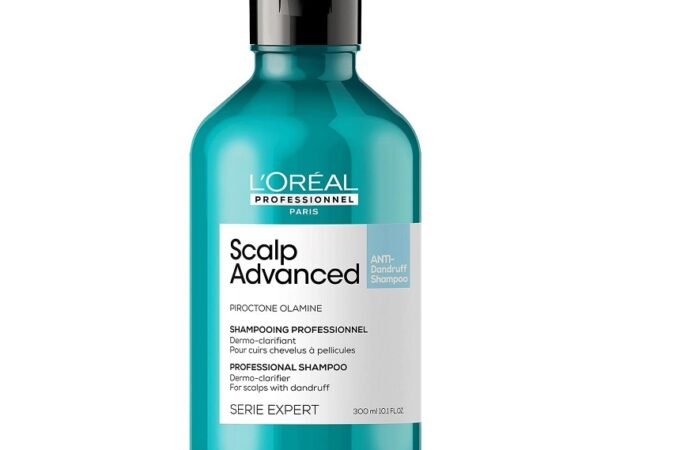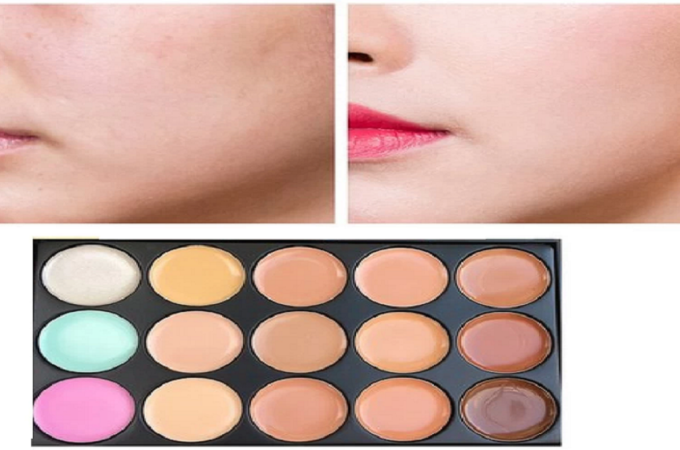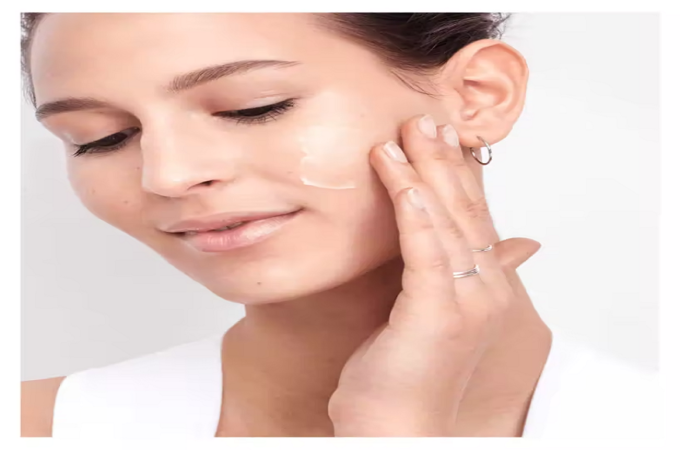
What Are The Underlying Causes of Hair Fall and How to Reduce It Effectively
Hair fall is a common concern for many people, affecting both men and women across different age groups. While it is natural to lose some hair daily, excessive hair fall can be alarming. Understanding the underlying causes of hair fall is essential for finding effective solutions and preventing further damage.
Common Causes of Hair Fall
Several factors contribute to hair fall, and identifying the root cause is crucial for addressing the issue. Here are some of the most common reasons for hair fall:
1. Stress and Emotional Factors
Prolonged stress is a well-known cause of hair fall. Stress can trigger a condition called telogen effluvium, which pushes a large number of hair follicles into the resting phase prematurely. This results in significant hair shedding after a few months. Emotional trauma, grief, and anxiety can also exacerbate hair fall.
Remedy: Managing stress through mindfulness practices like meditation, yoga, or deep breathing can reduce the impact of stress on hair health. Regular physical exercise and maintaining a proper sleep routine can also help manage stress levels and reduce hair fall. In severe cases, seeking professional therapy or counselling can address the emotional factors contributing to hair fall.
2. Nutritional Deficiencies
Poor nutrition is another common factor behind hair fall. A lack of essential nutrients, including iron, zinc, biotin, and vitamins such as A, D, and E, can weaken hair follicles and lead to hair shedding. Protein is also crucial for hair growth, as hair is primarily made of keratin, a type of protein.
Remedy: Adopting a balanced diet that includes iron-rich foods like spinach, eggs, and lean meats can help prevent hair fall caused by nutrient deficiencies. Adding supplements like biotin, zinc, and vitamins as recommended by a healthcare provider can also improve hair strength and vitality.
3. Hormonal Imbalances
Hormonal fluctuations are one of the leading causes of hair fall. Conditions such as pregnancy, menopause, thyroid disorders, etc can disrupt the balance of hormones in the body, leading to excessive shedding or thinning of hair.
Remedy: Addressing hormonal imbalances typically requires medical intervention. Consulting a healthcare provider to identify the root cause is essential. In some cases, medications that regulate hormones may help slow or reverse hair fall. Additionally, using hair products that block DHT can also prevent further thinning.
4. Environmental Damage and Hair Care Practices
Environmental factors such as pollution, excessive sun exposure, and hard water can damage hair, leading to breakage and fall. Furthermore, frequent use of heat styling tools, harsh chemicals, and tight hairstyles can weaken the hair shaft and contribute to increased shedding.
Remedy: Minimising heat styling and chemical treatments will help protect hair from further damage. Adopting gentler hair care practices, such as air-drying instead of blow-drying and using wide-toothed combs to detangle, can prevent breakage. Additionally, rinsing hair with filtered water or using leave-in conditioners with UV protection can shield hair from environmental stress.
Effective Hair Fall Remedies
While hair fall can be distressing, there are several remedies to reduce it and promote healthy hair growth. Here are some practical tips:
- Balanced Diet: A balanced diet with vitamins, minerals, and proteins is key for healthy hair. Leafy greens, eggs, nuts, and fish support hair growth. If deficient, consult a healthcare professional about supplements.
- Stress Management: Since stress is a significant contributor to hair fall, practising relaxation techniques like yoga, meditation, or deep breathing can help reduce stress levels and improve hair health.
- Scalp Massage: Regularly massaging your scalp with natural oils, such as coconut oil, almond oil, or Ayurvedic hair oils, can improve blood circulation and nourish hair follicles. This promotes healthy hair growth and reduces hair fall.
- Gentle Hair Care: Avoid excessive heat styling and chemical treatments. Opt for natural, sulphate-free shampoos and conditioners that are gentle on the scalp and hair. Also, make sure to avoid brushing wet hair, as this can lead to breakage and hair fall.
- Medical Treatments: In cases of severe hair fall due to hormonal imbalances or genetic factors, medical treatments may be necessary. Topical solutions like Minoxidil or oral medications such as Finasteride can be prescribed by a doctor to combat hair fall.
Conclusion
The causes of hair fall are diverse, ranging from stress and poor nutrition to genetic factors and hormonal imbalances. By understanding these underlying reasons, you can implement effective hair fall remedies that nourish your scalp, reduce stress, and protect your hair from further damage. Whether through lifestyle changes, diet improvements, or medical treatments, taking proactive steps can help reduce hair fall and restore your hair’s natural strength and beauty.





